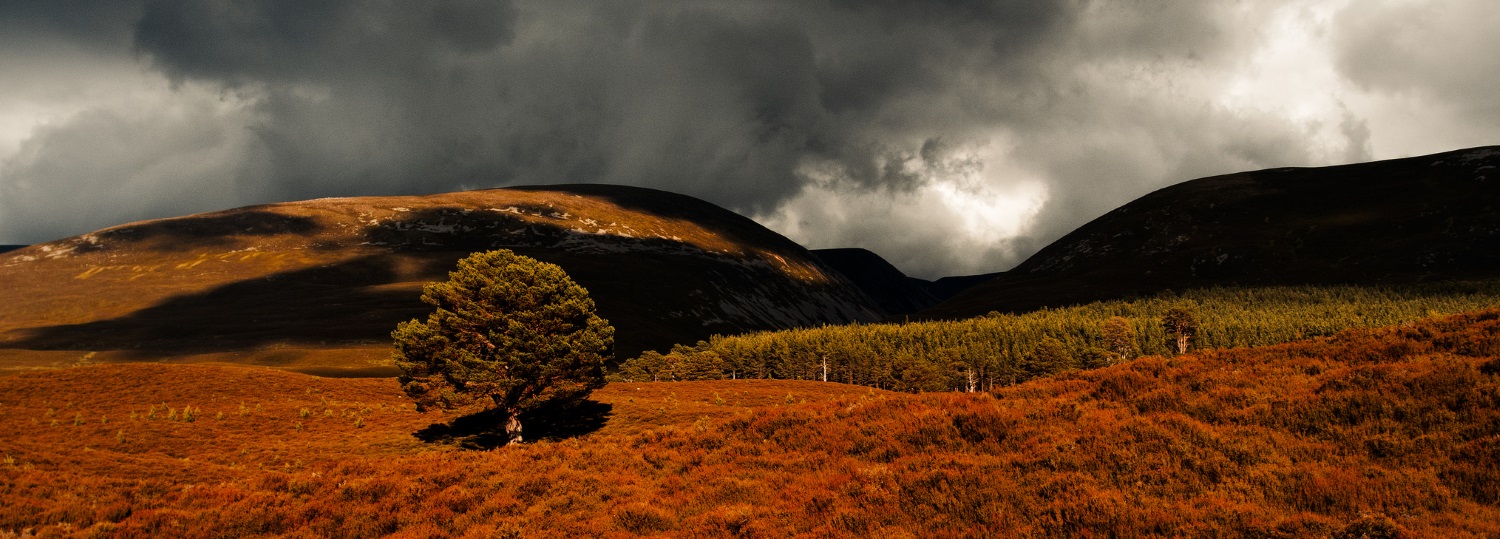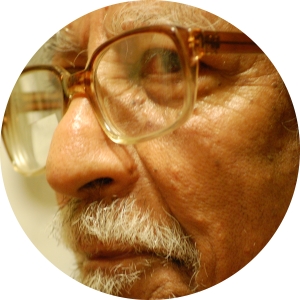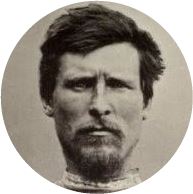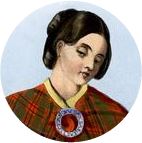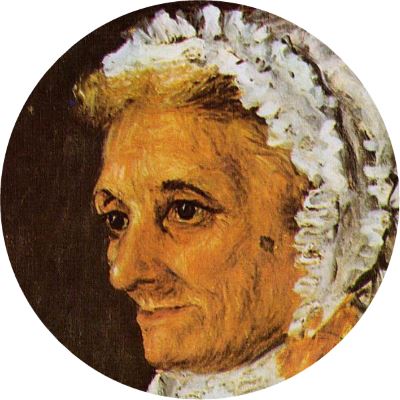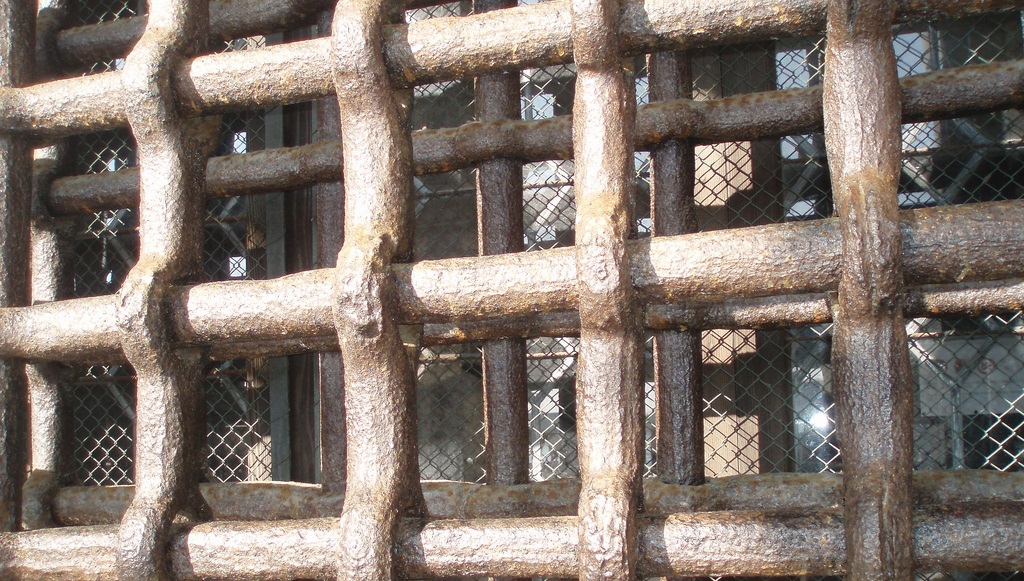The seed for the insurrection had scarcely been put into the all too fertile soil of discontent, had not even been watered by illicit brew, than it had sprouted. Hugh Breac Mackenzie made his way to John Aird’s ramshackle home, part of which everybody but the law enforcers knew, housed a still for the brewing of illegal but much sought after uisghe beatha. The surprise was that the God-fearing John himself was quite abstemious. If he indulged in the occasional wee dram, no one had ever seen him drunk. He could have made himself a tidy little sum by this cottage industry, seeing he was taking all the risks, but he chose not to. More often than not, he gave away the product of his labours or charged just enough to cover the expenses.
Mackenzie found about a dozen men (most of whom were called Ross) had preceded him and to his surprise, Fergus Davidson, Jimmy’s wee brother was holding forth about the iniquities to which they were subjected. The tension between Highlanders and lairds had one root cause. With the great demand for wool, everybody wanted to change over to Cheviot Sheep. They grazed wherever they could, did not have to be looked after, needed no green pastures, produced wool every year and could also provide meat. All the lairds who had changed over were overjoyed at the size of their profits. Obviously all that happened at a price. To the poor crofters. One of the Rosses cackled in an unpleasant manner, ‘Fergus, go tell that to your brother Jimmy who is at one with the lairds.’ Fergus protested that he was not his brother’s keeper. ‘Oor Jimmy will answer to the Lord for his action hissel,’ he said. Hugh knew that Fergus too had been in the employ of the Camerons, but he had been sacked for looking the other way when the Black Cattle of the small tenants had encroached upon the pastures of the sheep owners. No turncoat he. Hugh wondered whether if matters came to a head, he himself would not take the Camerons’ shilling. Would he let the bairn that was coming starve out of his stubbornness? Mam was right. Damn the God that would inflict such mental torments on his creatures!
Although Aird had set aside a generous amount of his brew for his guests and fellow conspirators, he had made it clear that they would agree on any action envisaged, uninfluenced by the brew. Fergus, probably eager to show he was on side, made an impassioned appeal for action. We have nothing to lose, he went on. If we do nothing, the situation will get worse, but remember that if we take action, we might draw the attention of the men in Dingwall, or even London. I don’t want to spend my life in a prison, one of the Rosses said, I despise the notion of transportation to Botany Bay. To this, another Ross spat on the ground muttering enigmatically, Faintheart never turned oat into porridge. Another Ross added, ‘Or rye into single malt’.
Mor Wallace, called the Gentle Giant because of his gentle nature and huge size then sprang forward and to everybody’s surprise, growled angrily. ‘What I say is that doing nothing is not an option.’ Aye, aye, chorused the assembly. Action is what is called for, the giant said in his big bass bellow, and everybody nodded.
Hugh can write a letter to Mr Robert Dundas, the Lord Advocate of Scotland, John Aird suggested. Father Anthony will correct his spelling mistakes, teased a Ross merrily. The Lord Advocate will do what he always does, Hugh said, he burns all petitions from us crofters.
‘See,’ said Michael Ross, ‘he is already backing out of writing the letter.’ Hugh knew that the man was only teasing, but there were times when he did not like jokes.
‘I will have you know that my spelling and my handwriting are both up to scratch, Michael Ross, it’s just that I know and you all know that letters carry no weight.’ Michael nodded and raised his hands apologetically.
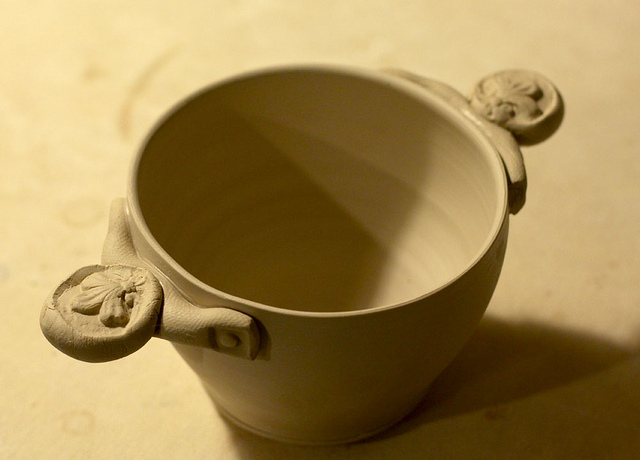 Photo Credit:
CC-BY-NC-ND Keith Phillips
Photo Credit:
CC-BY-NC-ND Keith Phillips
‘So what do we do?’ asked Aird.
‘There is only one thing,’ said Wallace. ‘We enlist the help of all men who refuse to kowtow to the lairds, fearless men, who I know Highlanders are, and we go and free our cattle.’ The men from the other parishes will join us if we ask them, suggested another Ross. ‘Then let us send them word,’ said Hugh. Everybody marvelled at his capacity for taking quick but sound decisions. Only at the end of the discussions were the whisky bottles produced. As every Highlander knows, once whisky is poured, like the genie, there is no way it can find its way back into the bottle. The drinking, carousing and merrymaking lasted all night long.
Hugh said not one word about what was afoot to either Mam or Martha, but inevitably they learnt about it, and neither expressed disapproval.
On the next day, a small group of less than twenty men, small tenants, peat cutters, destitute men with no work, gathered on the bank of River Oykel and Fergus who had been in the employ of the brothers from Lochaber and knew that the impounded cattle were kept in a guarded enclosure at the western end of Loch Morie, explained to the men the best way of getting to the bank. The men who had touched not one drop of whisky between them, listened to Hugh attentively. He had emerged as a natural leader without seeking the role.
Someone suggested cutlasses and sticks, but Hugh shook his head forcefully, saying that their best course would be to use no force, just make a show of their resolution and try to talk the Cameron brothers into releasing what was theirs. They all readily agreed. They climbed over the long moor down the shoulder of Carn Beag to the meadow at the head of Loch Morie, and singing lustily to keep their spirits up, they arrived at the gate of the pen where they were met by the Captain, his brother, about ten shepherds and five or six men of undefined status. The Captain and his brother had their muskets, and the former also had a fierce-looking one-foot long dirk. The men had nothing more than sticks and iron bars.
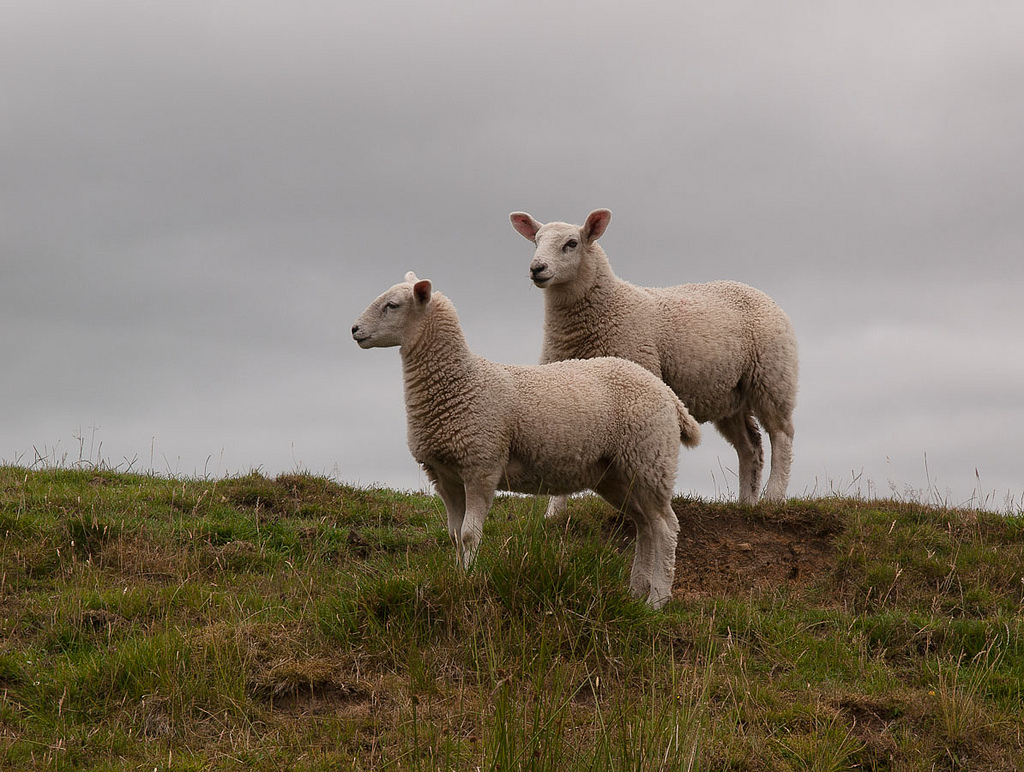 Photo Credit:
CC-BY-NC-ND johndal
Photo Credit:
CC-BY-NC-ND johndal
‘We have come to talk, Captain, why are you and your men armed?’ asked Hugh in a firm voice. For all answer Captain Cameron fired his musket into the air.
‘I do not talk to rabble,’ he said haughtily. ‘Get your men off my land, or you will live to regret it. You churls only understand one language…’ he left the sentence in the air, cocked his musket once more, this time pointing it at the crowd. This was too much for the Gentle Giant. Big though he was, he had the agility of a goat. Suddenly he sprang forward and threw himself at the Captain, who taken by surprise, backed two steps and stumbled on his brother, whose musket went off, seemingly of its own accord. Some of the Cameron men seeing this ran away in a panic, but were pursued by the bog-cutters. The consumptive Alexander Cameron seemed to have hurt himself when his brother fell on him, and Jimmy Davidson rushed to his aid. The Captain regained his balance, and was trying to use the musket, not to shoot, but as a weapon to hit Wallace with, whereupon the irate giant growled, grabbed the weapon and smashed it on his knee, bending it in the bargain. Amazed at his own strength, he held it high for all to see, and everybody cheered loudly. The party ran after the shepherds and the other men, their intention of causing grievous harm clear for all to see. It took Hugh all the authority he could muster to call them to attention.
‘Do not hurt anyone who does not attack you,’ he urged, but that did not stop one or two of the Camerons’ men getting kicks in the arse, humiliating and painful, but not really injurious. Wallace grabbed the Captain by the neck, lifted him up in the air, then suddenly pushed him down unceremoniously, with such vigour that the man expected that he was going to be buried in the earth half way up the knees. The man who claimed to have fought in foreign wars for king and country was left whimpering like a drenched puppy, hands raised over his head like a Highland laddie parrying a punch in the face by his drunken da. Alexander finally helped him to his feet and the brothers just walked away towards their mansion, heads bent down, their tails between their legs. The men of the strath were at liberty to do as they wanted, but all they did was to liberate their cattle. Michael Ross, who rarely parted from his pipe, played a triumphant tune as they went down the hill to shelter their prized cattle in the comfort of their own stables.
The action of the tenants had much outraged the lairds and inevitably the authorities decided to act against the perpetrators, to scotch any nascent revolutionary zeal in the egg. In a dawn raid two days later, Wallace and three others were arrested, although inexplicably neither Hugh Mackenzie not John Aird was. A preliminary hearing called a procognition was set up to determine the feasibility of a legal trial. Witnesses contradicted each other. When one man swore that one Robert Macdonald had tried to set fire to the Cameron barn, it was established beyond the shadow of a doubt that the said MacDonald had been immobilised for the last three weeks on account of a broken leg. Wallace who had undeniably inflicted some serious injury to the Captain’s pride if nothing else, said that they had come to parley, and that it was the military man who had a gun and had threatened to use it. I had no choice, he explained, a man has to defend himself. One witness said the men were armed with crooks, to which a Ross said that they were cowherds. What’s a cowherd without his crook? A laird without money? He asked to universal merriment. It was decided that there was insufficient basis for a trial.
The Camerons were dismayed and petitioned everybody. They urged McLeod of Geanies to use his influence to get the case reviewed. They wrote to the Lord Advocate, promised favours to some, threatened others, but it came to nothing.
The tenants were kept informed of all this, and flaunted their victory over enslavement, as they called it. They took their cattle over the erstwhile forbidden territory to water in the Morie, and the Camerons were helpless to stop them. The brothers finally begged Lord Adam Gordon to see them, and after much entreaty, the Commander of Forces in Northern Britain agreed, and they travelled hopefully to Fort George in Ardersier.
The Commander was a large rugged man who had seen action all over Europe, and nevertheless had the reputation of being someone of great intellect with a great sense of justice. He was not known for his enthusiasm for what the sheep farmers seemed to be doing to the Highlanders. He saw himself as a tactician who was responsible for matters of national and international importance, and did not like wasting his time on trivial matters like disputes between small tenants and lairds. However, he owed a favour to the elder Cameron, now dead, and so he agreed to hear what the sons had to say. The moment Captain Allan opened his mouth, Lord Gordon took an instant dislike to him.
‘I am not here to speak about my own trivial problem,’ he said immediately he was seated on the large velvet armchair, ‘but for a much greater cause.’
He went on about what he saw as a struggle to the end which pitted order and decency against the forces of anarchy. If the rabble were not stopped, the younger Cameron added, this great country might well go the same way as France.
‘So you are not really striking a blow for yourselves, but doing your patriotic duty in helping preserve the monarchy and all that it stands for, eh what?’ the Commander said, and the brothers failing to detect the irony nodded enthusiastically.
Feeling encouraged, they explained about Culcairn and the sheep, the Black cattle and the difficulty of coexistence of these two species. The peasants no longer showed their class the respect to which they were entitled. They were becoming arrogant and disobedient. Something had to be done, and done quickly, they urged.
‘We’re thinking of petitioning His Majesty in Buckingham Palace,’ Alexander said suddenly. He regretted saying this the moment he saw how Gordon reacted, no doubt perceiving it as a threat to his authority.
‘My dear fellow, do you think that after the events in Paris, His Majesty has time to look at petty parochial matters which could have been dealt with by your good selves with a little compassion and good sense?’ he asked. The brothers knew then that their trip to Ardersier had been a waste of time, and on the way back, the brothers refused to talk to each other, each blaming the other for saying the wrong thing. They knew when they were beaten, but they were sure that the time would come when they would be able to avenge the ignominy to which they had been subjected.
The following week Michael Ross’ daughter was getting married to John Aird’s cousin Wullie, and there was much merriment and carousing at Aird’s house where the nuptials were taking place. The men were still basking in what they saw as their triumph over the forces of reaction, but further lubricated by the illicit brew, the dancing and the singing became lustier by the hour. To say nothing of bragging and bluster.
‘We have been too timid in the past,’ said someone, ‘we didn’t know our own strength.’ Everybody ayed.
‘We’ll drink to that,’ was the automatic response to this, and action followed words. In no time at all, apart from Hugh, who made it a point of never drinking immoderately, no one could think clearly. Even the usually abstemious Aird had, exceptionally, in view of the occasion, partaken of rather too much of his own medicine.
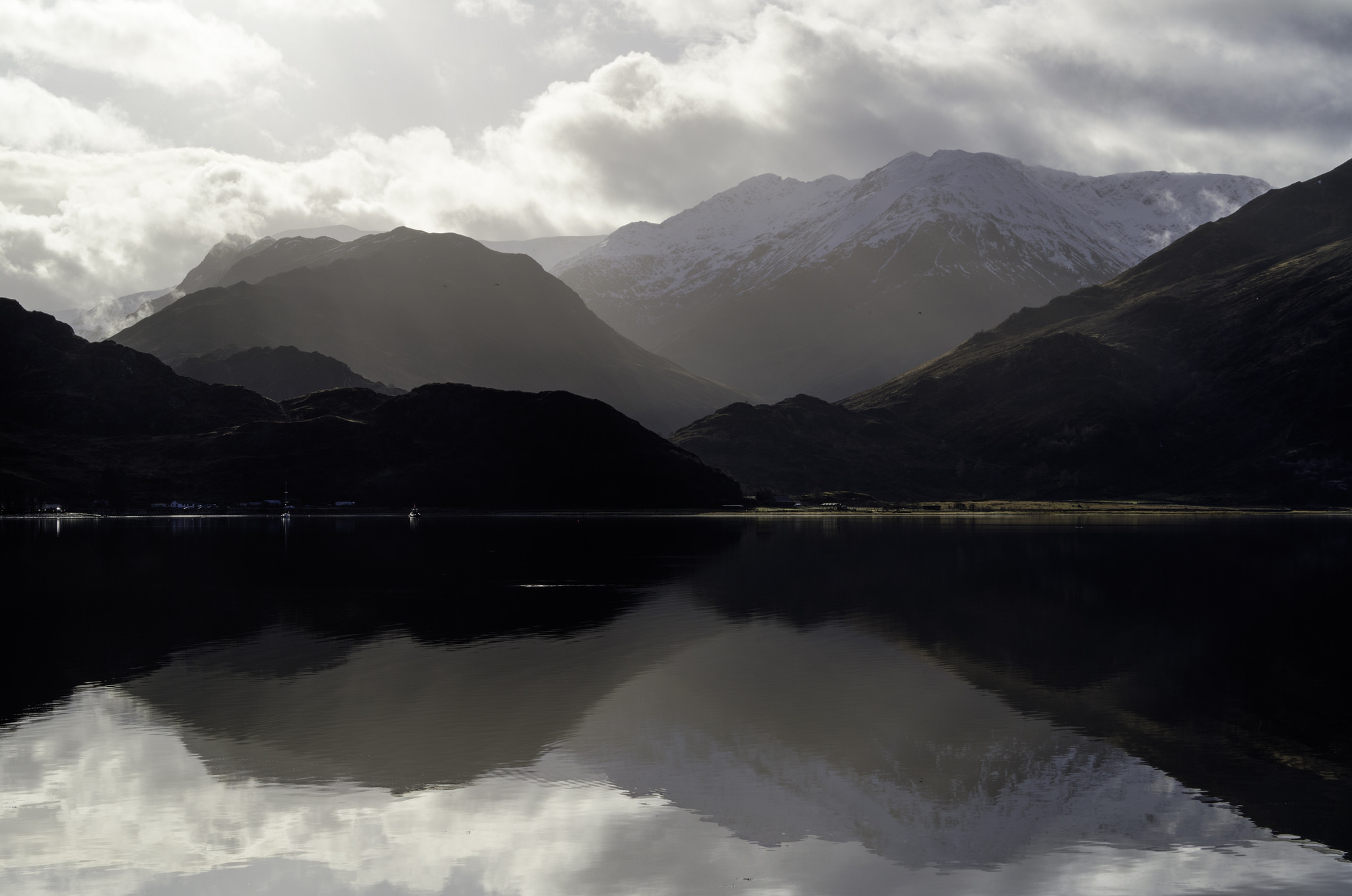 Photo Credit:
CC-BY-NC-ND Andi Campbell-Jones
Photo Credit:
CC-BY-NC-ND Andi Campbell-Jones
‘We are a powerful force,’ said someone, ‘and if we can’t defeat those Cheviot sheep, we’re not worthy of the name of Highlanders.’ Aye, Aye, we’ll drink to that. It was thus that the seed for the second harvest of hatred, justified though it was, was sown. This group of drunken men took the decision, there and then, to get rid of the pestilence that had invaded their land. Each pronouncement immediately became a solemn undertaking, a declaration of intent. We’ll gather a force of hundreds. Easy! We’ll enlist men from the other parts. Done! We’ll march on the sheep farms. Let’s go now! Hugh had to put a stop to that one. No, he urged, we must organise ourselves first. He did not entirely disagree with the principle of what was being mooted, and he half hoped that after the effects of the illicit brew wore off, the militancy of the people would give way to a more sober but determined resolve. By God, we will organise, they chorused. They will be powerless to stop us! Of course, we’ll be hundreds! No, at least a thousand!
When sobriety seemed not to have dampened the revolutionary spirit of the crofters, Hugh decided that he had better do some organising. He talked to John Aird and to Father Anthony. The man of cloth demurred, and preached the virtues of forbearance and patience. Taking the sort of action that they were planning was against the laws of God. The men are drunk, give them a couple of days to sober up and clarify their cobwebbed brains and they will see the error of their ways and back out. Come talk to me in two days’ time, he said, and if they are still bent on doing something, we’ll talk again.
After the two extra days that Father Anthony had demanded, Hugh found that the eagerness of his friends, far from being blunted, had gathered momentum, and not one man had had second thoughts. He was not surprised. Once he took the decision to act, no power on earth could have stopped him.
Thus it was that, Mackenzie, Aird, Father Anthony, Michael Ross, Fergus Davidson and some others met secretly in the church hall to thrash out the minutest details of what was obviously going to be an insurrection. Hugh knew that he was expected to come up with a plan, and indeed one was already taking shape in his head. Risks had to be taken, but caution was necessary in order not to exact extreme retribution by the powers that be.
Volunteers were despatched to Alness, Boath, Creich, Kincardine, Lairg, Resolis, Urquhart, to spread the word, and wherever there were aggrieved men, that is, everywhere, they were received rapturously. They claimed that they had always hoped that some day someone would organise just such a movement as seemed to be now afoot, and vowed that they would do everything in their power to right these wrongs, even if it meant transportation to Botany Bay. Or worse.
Thus it was that upwards of four hundred men gathered on the banks of River Oykel on the following Tuesday. Hugh Mackenzie, who knew the lie of the land, and Michael Ross who was well-informed about the sheep walks, had produced a map. The eventual aim was to collect as many sheep as they could, drive them across the Beauly River and there set them free. They would thus be striking a serious blow to those who had planned a proxy war against them, by dispatching these wooly creatures south, where they came from. In one fell swoop they would be solving their problems for good. Hugh, as de facto leader, had expressly forbidden any firearms, but some hotheads had decided to ignore this order. Men were dispatched all over Easter Ross with specific instructions to collect the sheep and drive them south, but the movement soon gathered surprising momentum. Some men were even sent to faraway places like Lairg in Sutherland. Hugh, who had some gifts of the tactician, thought that it would be politic not to include the sheep of Donald McLeod of Geanies in his plans, for the man was the Sheriff Depute of Ross. As such, he had earned the respect of the small tenants for some of the risks that he had taken in the past on their behalf.
At first the action went on as planned. The sheep farmers were caught unawares. The whole of the Highlands seemed to reverberate under the massive stampede of fifty thousand sheep, all going south at a speed. Ten thousand sheep were seen moving south to Boath. Five thousand from Cromarty, two thousand from Novar, thousands more from Culrain, Tulloch, Cadboll. The reversal of the sheep migration from north to south seemed unstoppable. People all over the country were kept informed of the mass exodus, by word of mouth as well as by the newspapers of Edinburgh.
As the sheep were all converging towards the River Beauly, the forces of law and order began collecting themselves for the inevitable onslaught against the determined but ineffective men. They had no intention of resisting any government action by force, for they knew what the punishment for that would be. They were counting on the Lord Advocate understanding the magnitude of their grievances, which might be enough for a review of the deplorable process of replacing people by sheep in the Highlands, which was clearly the intention of those who had the upper hand.
Hugh knew that even if they were armed to the teeth, they would be no match for the might of the forty-second Regiment. The moment the word reached him that three companies were being despatched to stop them in their tracks, he knew that the game was up. At the same time he received news that Martha was in labour. He had a short parley with John Aird who was at hand, and as had been planned in advance, word was sent to all the groups to cut short the action and go in hiding until things cooled down. It had been decided from the start that no sheep would be mishandled, and indeed there was not one case of ill-treatment. The men never killed a single sheep even when they were short of food, and of the fifty thousand odd sheep which were displaced by the angry tenants, all but a handful would be returned safely to their folds in the end.
Hugh made his way to Kilmorie and found Martha in agony. Fortunately Mhairi Mackenzie was well-versed in the techniques of midwifery, and assured her son that there was no need to worry. It was just a matter of waiting, but no sooner had she spoken than men in uniforms appeared on the horizon. Mam urged her son to go into hiding, but he, knowing that when you have a family, it is impossible to stay on the run, decided that he would offer no resistance.
He was waiting for the arrival of the guards when Mam approached him and said she had something to give him.
‘It’s a letter from your da,’ she said. ‘It’s addressed to you, but you were only a bairn when it arrived…’ Hugh looked at Mam, stunned.
‘It’s full of lies anyway, for a start he wasn’t even born at the Battle of Culloden.’ Hugh said nothing, and extended his hand to receive the letter, but Mam withheld it for a bit.
‘The only thing he said in this letter which was true, was that he loved you. Don’t you be judging him too harshly.’
Hugh would have liked to read the letter on the spot, but there was no time. He just committed it into his cloth bag. When the armed men arrived, he smiled at them and gave them his hands to tie.
Mr McLeod had given express orders to the troops to treat the prisoners with dignity. He was taken to a cell in Dingwall, where he found John Aird, Alexander Mor Wallace, Michael Ross and Fergus Davidson. The Sheriff Depute had said not to bother with the foot soldiers of the rebellion, but to concentrate on the men whose names he gave the soldiers, and who were known to be the ringleaders.
Martha gave birth to a premature baby girl the same night, and whether the little bairn was going to survive or not was very much in the balance. Hugh was given the news in his cell, and all night he prayed that the baby would thrive. Even if I do not live to see her, may she prosper and grow up to live in a better and more equitable world, he prayed. He kept the letter from his father in his small bag, and it was a surprise that the guards had allowed him to keep it. The cell was damp and dark, but not dark enough to stop him reading his da’s letter.
